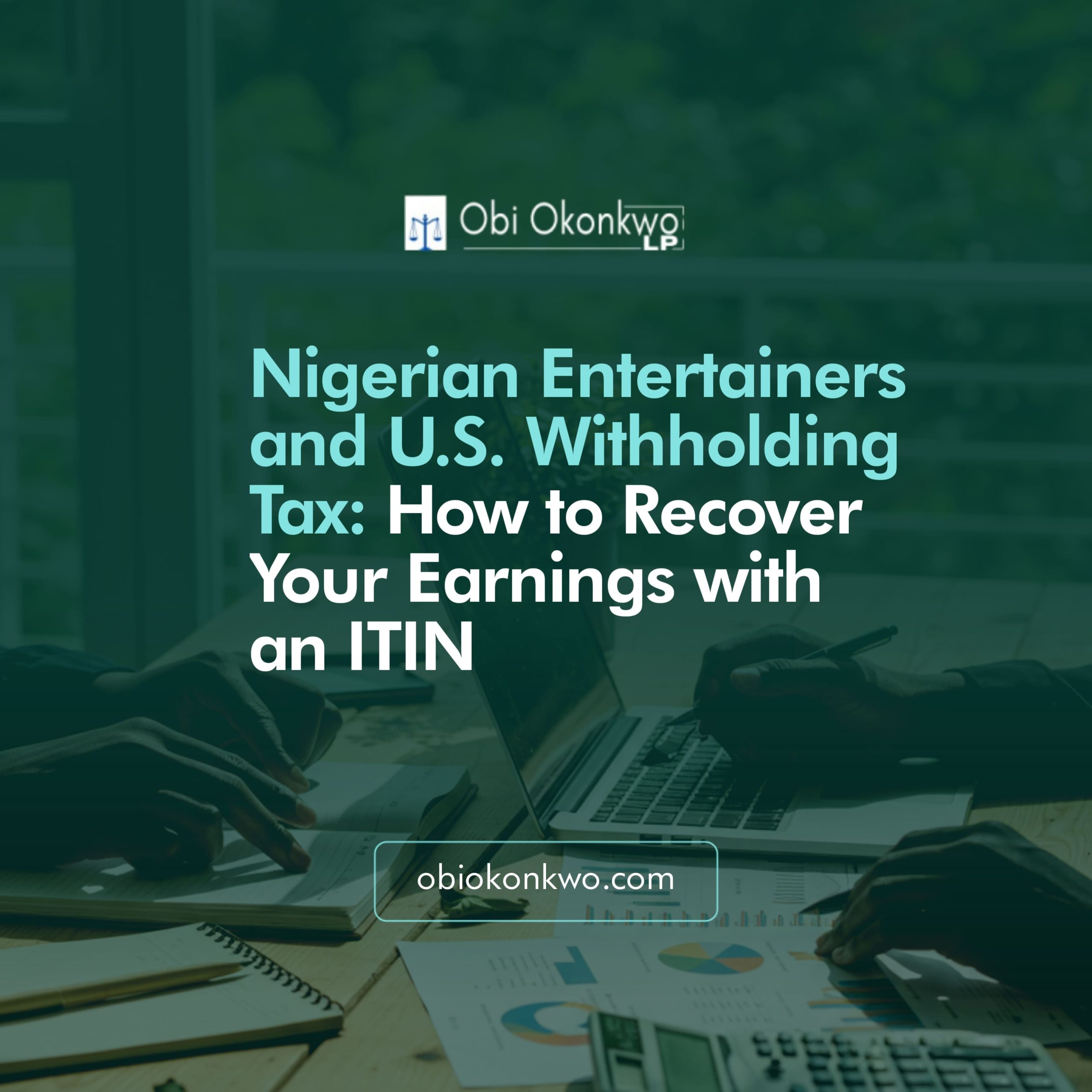In the age of Upwork, Fiverr, Toptal, Deel, and other global freelance platforms, a new class of Nigerian professionals is thriving earning in dollars, pounds, and euros without ever leaving home. But while the income is global, the taxman at home is still watching.
Here’s what every Nigerian remote worker needs to understand: just because you were taxed abroad doesn’t mean Nigeria is done with you.
Who Is a Remote Worker?
A remote worker in this context is:
• A Nigerian resident offering services to a foreign client or platform, and
• Receiving payment in foreign currency via Payoneer, Wise, Deel, crypto, or bank transfers.
Typical remote services include software development, content writing, virtual assistance, graphic design, accounting, translation, and legal consulting.
Is This Income Taxable in Nigeria?
Yes. According to the Personal Income Tax Act (PITA), Cap P8 LFN 2004 (as amended), Nigeria taxes its residents on worldwide income.
Section 3(1) of PITA:
“The gains or profits from any trade, business, profession or vocation for whatever period of time such trade, business, profession or vocation may have been carried on shall be chargeable to tax if the income is derived from inside or outside Nigeria.”
So, if you live in Abuja, earn $4,000 a month via Upwork for a client in New York, you are liable to pay personal income tax on that income in Nigeria even if the U.S. deducted tax before sending your money.
But I Already Paid Tax Abroad Do I Still Pay in Nigeria?
That depends. Let’s break it down with examples from seven countries:
- United States (No DTA with Nigeria)
If you earned income from a U.S. platform (e.g., Upwork or Fiverr), the IRS may withhold 30% tax on your payments especially if you didn’t file a W-8BEN or get an ITIN.
Scenario:
You earned $20,000, but $6,000 was withheld by the U.S. government. Can you offset this in Nigeria?
No Nigeria has no double tax agreement (DTA) with the U.S., so the Federal Inland Revenue Service (FIRS) does not automatically allow you to credit foreign tax paid in the U.S. You could end up being taxed again in Nigeria unless your lawyer helps you apply for relief, or structure your tax affairs better.
- United Kingdom (DTA applies)
The UK may deduct tax under PAYE rules if you’re misclassified as a contractor. But Nigeria and the UK have a DTA, so:
• You can get a foreign tax credit in Nigeria equal to tax paid in the UK.
• You must provide evidence (tax returns, payslips, withholding certificates).
• If your UK tax was higher than your Nigerian liability, you won’t get a refund but you’ll avoid double taxation.
- France (DTA applies)
Freelancers working for French companies may be taxed under impôt sur le revenu. But with the Nigeria–France DTA, you can claim a foreign tax credit in Nigeria. Again, documentation is key.
- Germany (DTA applies)
If you’re a Nigerian UI/UX designer billing clients in Berlin, and you’re taxed under German freelance rules (Einkommensteuer), you can offset the tax in Nigeria under the Nigeria–Germany DTA.
But remember: if you don’t file returns in Nigeria, you’re non-compliant, even if you paid tax abroad.
- Netherlands (DTA applies)
Dutch companies may withhold royalty or consulting tax. The Nigeria–Netherlands DTA allows offsetting such taxes in Nigeria. Your lawyer can guide you through the required forms.
- Australia (DTA applies)
Australian platforms or employers deduct Pay-As-You-Go (PAYG) tax from foreign contractors. Nigeria and Australia have a DTA, so the foreign tax credit is allowed subject to proof.
- Canada (DTA applies)
Working for Canadian clients? They may deduct 15–25% tax at source. You can claim a foreign tax credit in Nigeria but only if you declare the income and show credible documentation.
The Hidden Risk: Non-Compliance in Nigeria
Most Nigerian freelancers and remote workers make three fatal errors:
1. They assume tax withheld abroad is final. (It isn’t for Nigeria.)
2. They don’t declare the income in Nigeria. (It’s illegal.)
3. They rely on Google search
instead of Tax professionals.
The FIRS is increasingly targeting cross-border income and foreign inflows, especially through financial intelligence tracking and data exchange with global agencies. If your account suddenly receives foreign income with no declared tax profile, you could be flagged for audit or investigation.
Why Are Lawyers Tax Professionals
Taxation is not just numbers. It’s law. Here’s why you need legal guidance:
• Only a lawyer can defend you in the event of an audit, not an accountant.
• Lawyers understand treaty interpretation, foreign tax credit rules, and compliance litigation.
• Only lawyers can file legal tax relief petitions or challenge wrongful assessments.
• Lawyers help structure your business legally to avoid double taxation before it happens.
Advice to Remote Workers in Nigeria
If you’re earning online:
• Keep records of all invoices, contracts, and earnings
• Ask your clients/platforms for tax certificates or withholding documents
• Declare your global income in Nigeria
• Work with a lawyer who understands international tax treaties, residency rules, and FIRS policy
• If overtaxed abroad, explore refund procedures or legal foreign tax credit claims
Don’t wait until FIRS shows up. Stay ahead. Speak to a lawyer today.



